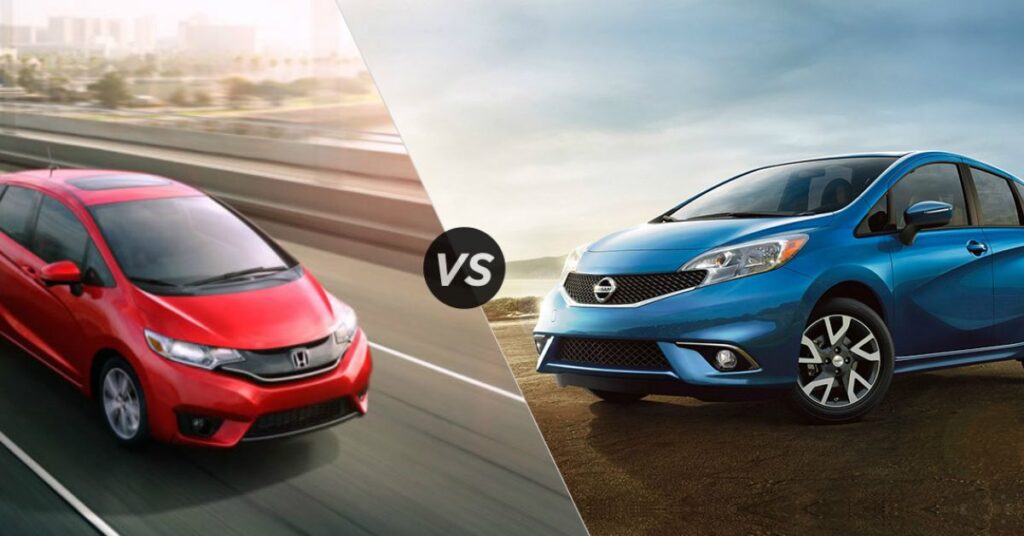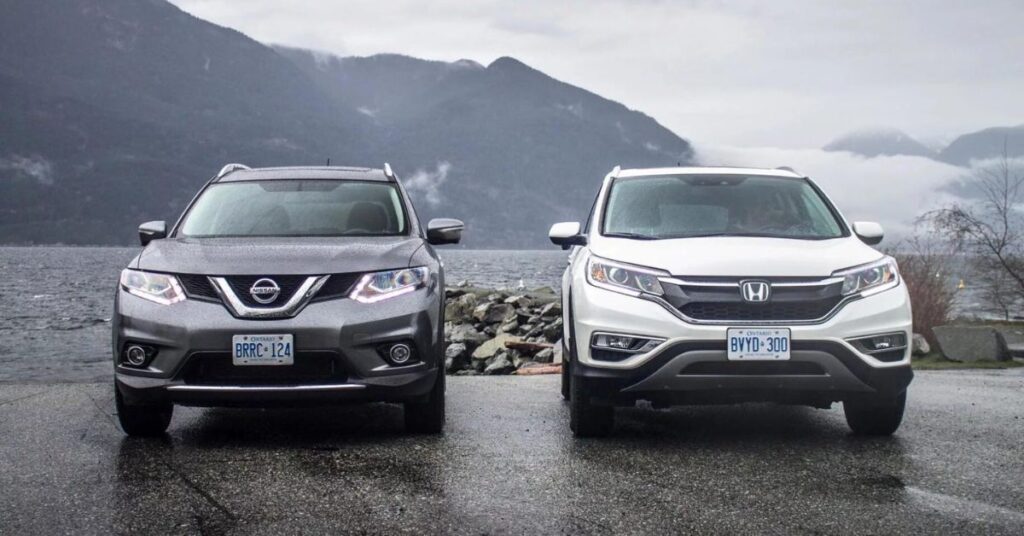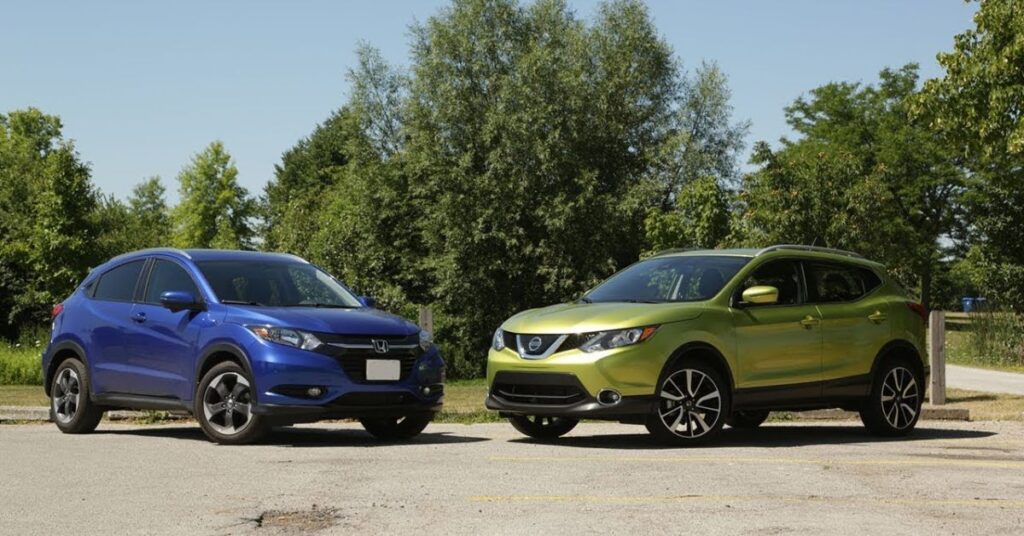Honda engineering has long been associated with precision and durability. From its early days in Japan, Honda focused on creating reliable engines and practical vehicles. The company’s emphasis on Variable Valve Timing (VTEC) technology revolutionized engine performance, blending power and fuel efficiency. Honda’s vehicles, such as the Honda Accord and Honda CR-V, are recognized for their reliability and durability, making them popular in the USA.
Nissan innovation tells a story of creativity and forward-thinking. Known for its bold designs and advanced e-POWER engines, Nissan caters to drivers seeking performance and technology. Models like the Nissan Rogue and Nissan Altima showcase engine responsiveness and cutting-edge features. Nissan’s commitment to sustainability and electrification has also strengthened its appeal among eco-conscious buyers.
Reliability Comparison: Honda vs Nissan

Honda reliability is legendary, earning accolades in countless surveys and reviews. Owners frequently praise the long-term reliability of models like the Honda Civic and Honda Accord. These cars consistently rank high in dependability studies, often outperforming competitors in maintenance costs and durability.
Nissan’s reputation for reliability and durability has improved in recent years, especially with vehicles like the Nissan Sentra and Nissan Rogue. However, some drivers report mixed experiences with older models. Still, advancements in Nissan technology features and consistent updates to its designs have narrowed the gap in reliability between these brands.
Cost of Ownership: Buying and Maintenance
The cost of owning a Honda often includes a slightly higher initial purchase price, but its low maintenance costs and excellent resale value comparison offset this. For instance, the Honda CR-V is renowned for retaining its value, making it a smart investment for families.
Nissan offers competitive price points that attract budget-conscious buyers. The brand’s focus on affordability extends to models like the Nissan Altima, which is often more affordable than its Honda counterpart. Maintenance costs for Nissan vehicles are reasonable, although resale values tend to be lower than Honda’s.
| Feature | Honda | Nissan |
| Resale Value | Higher | Moderate |
| Maintenance Costs | Low | Moderate |
| Initial Purchase Price | Slightly Higher | Competitive |
You May Also read this Blog: Electric Bikes EXPLAINED: Why Everyone’s Ditching Cars for These!
Safety Features and Ratings
Honda excels in safety, with models like the Honda Civic earning high marks in IIHS safety scores and Safety ratings NHTSA. The inclusion of Honda Sensing features in most models enhances safety with technologies like lane-keeping assist and adaptive cruise control.
Nissan matches Honda’s commitment with its Nissan Safety Shield 360, an advanced suite of cutting edge safety technologies. Features such as automatic emergency braking and rear cross-traffic alert ensure passenger protection. Both brands consistently perform well in crash tests, reassuring buyers prioritizing safety.
Model Comparisons: Sedans, SUVs, and Beyond
In the sedan segment, the Honda Accord offers a smooth driving experience and powerful yet efficient engines. The Nissan Altima, on the other hand, boasts a turbocharged engine option, appealing to performance enthusiasts. For compact options, the Honda Civic stands out for its user-friendly interface, while the Nissan Sentra delivers family-friendly features.
Among SUVs, the Honda CR-V outshines many competitors with its spacious interior and practical family cars design. The Nissan Rogue rivals it with advanced modern infotainment systems and a focus on cargo space comparison. Both brands offer hybrid options, catering to eco-conscious consumers.
Price Comparison: Which Brand Offers Better Value?
Honda models often command a premium, but their long-term reliability and higher resale value comparison justify the cost. Buyers looking for a practical family car with minimal upkeep will find Honda’s lineup appealing.
Nissan, however, provides competitive price points and attractive incentives. Its models, such as the Nissan Rogue, are priced lower upfront and come with generous financing options. While resale values might not match Honda’s, Nissan vehicles offer excellent value for budget-conscious shoppers.
Key Differences That Influence Buyer Decisions

Honda focuses on performance-oriented engines and passenger comfort, ensuring a smooth driving experience. Its interiors are designed for practicality, often incorporating modern infotainment systems and quality materials. Buyers also appreciate Honda’s robust reputation for reliability and durability.
Nissan emphasizes modern car interiors and Nissan technology features that cater to tech-savvy drivers. The brand’s willingness to innovate, as seen in its e POWER engines, attracts those looking for cutting-edge design and engineering. Buyers also value Nissan’s affordability and distinctive style.
FAQ’S
Which brand is more reliable, Honda or Nissan?
Honda is more reliable, with models like the Honda Civic and Honda Accord excelling in dependability. Nissan is improving but still trails Honda.
What are the key safety features offered by Honda and Nissan?
Honda offers Honda Sensing features, while Nissan provides Nissan Safety Shield 360. Both include advanced driver-assistance systems.
Which brand has better fuel efficiency, Honda or Nissan?
Honda\u2019s VTEC engines are highly fuel-efficient, while Nissan\u2019s e-POWER engines also deliver competitive efficiency.
How do Honda and Nissan compare in resale value?
Honda has better resale value due to its long-term reliability, while Nissan\u2019s resale values are slightly lower.
What are the best models for families?
The Honda CR-V and Nissan Rogue are top choices for families, offering space, safety, and comfort.
Conclusion
Both Honda and Nissan excel in different areas, making the choice depend on individual preferences. Honda engineering prioritizes durability, safety, and resale value, which appeals to families and long-term planners. On the other hand, Nissan innovation delivers affordability and advanced tech, appealing to younger buyers and those seeking modern designs.Ultimately, the decision between Honda vs. Nissan comes down to what you value most be it long-term reliability, cutting-edge safety technologies, or a competitive price point. Explore test drives and reviews to see which brand fits your needs best.







